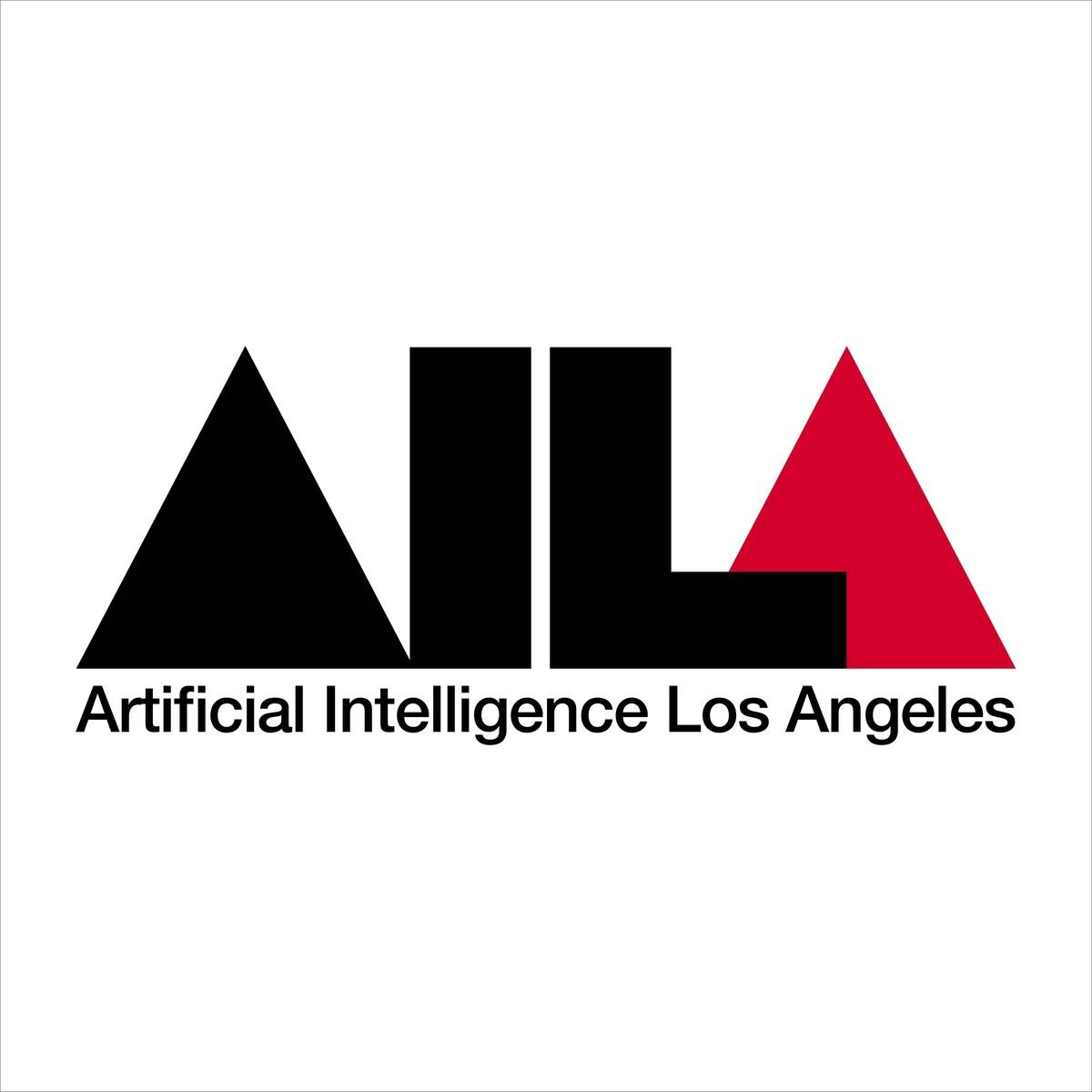Calling all data scientists, engineers, designers, product gurus, and health professionals!
AI LA is excited to announce our health care focused Fall Open Innovation Challenges with two prominent organizations: RTI International and the All of Us Research Program.
What’s an Open Innovation Challenge (OIC)?
Similar to a hackathon, an OIC allows participants to work on a real-world problem with local stakeholders using a multidisciplinary approach. This isn’t a Kaggle!
The highest performing teams will have to use a design-thinking approach to produce a working prototype within 5-weeks that each stakeholder will judge during our Life Summit on October 20th.
IMPORTANT DATES
Virtual Info Session: September 8th 5 pm PT
Register by September 14th 11:59:59 PT
Kick-Off: September 16-18th in Los Angeles
Demo Day: October 20th in Los Angeles
Register: https://airtable.com/shrFnT1ZrhnxlAOco

Challenge #1: RTI Rarity
Predicting Underdiagnosis and Underutilization for Chronic Diseases
Background: RTI Rarity is an AI solution developed by RTI International, an independent, nonprofit research institute dedicated to improving the human condition. One of RTI’s areas of focus is helping government and private-sector clients understand social risks in their populations by leveraging data, analytics and advanced scientific knowledge. The RTI Rarity approach to social risk adjustment has, to date, focused on predicting long-term outcomes like life expectancy and drug overdose mortality.
With this challenge, we are delighted to partner with AI LA to bring great minds to bear on shorter-term, pressing problems. With better neighborhood hot-spotting, payers, providers and policymakers can focus their attention and funding on the highest-risk areas, potentially resulting in better returns on investment in SDoH.
Problem: Type 2 diabetes mellitus (T2DM) and asthma are enormous public health challenges that result in high levels of health-related spending and potentially preventable utilization. Many cases of T2DM and asthma are underdiagnosed for years, leading to higher healthcare costs and poorer outcomes. Additionally, T2DM and asthma are often under-treated, leading to suboptimal disease management and higher costs. The problems of underdiagnosis and underutilization are known to be exacerbated in communities of color. Both diabetes and asthma are also known to be sensitive to social determinants of health (SDoH) – the conditions in the places where we are born, grow, live, work, and age that influence our health and well-being.
Outcomes: This challenge aims to identify neighborhoods (defined as Census tracts) in California with a high risk of either underdiagnosed or poorly managed T2DM and/or asthma. The winning team will develop a highly accurate, AI-driven approach to predicting the outcome(s) of interest using RTI Rarity™ and other data.
Required skills: Data science; data management; predictive modeling. Social epidemiology expertise is useful but not required. Healthcare background helpful but not required.
Challenge #2: The All of Us Research Program
Background: The All of Us Research Program is working to enroll one million or more participants across the U.S. to share data that can fuel new insights into human health. By engaging the participation of people and communities who have been left out of medical research in the past and making their data safely available to a diverse cohort of researchers, the program seeks to accelerate health and medical research to enable individualized prevention, treatment, and care.
Problem: The All of Us Research Program is committed to returning value to our participants and to the research community. As part of this commitment, we would like to engage the research community in creating an interactive, public tool using All of Us data of interest to participants.
Outcomes: Develop an interactive, public tool that All of Us participants and the broader community can use to explore and understand issues of health equity related to COVID-19 or social determinants of health.
Data: Must use data from the All of Us Research Program’s Registered Tier.
Currently, we have:
Data from more than 372,000 participants, nearly 80% of whom identify with groups historically underrepresented in medical research, including 45% who identify with a racial or ethnic minority group.
The Researcher Workbench now includes records from nearly 20,000 participants who had SARS-CoV-2, opening new opportunities to study COVID-19 disease prevention, progression, and recovery through clinical and participant-reported data.
The COVID-19 Participant Experience (COPE) Survey, with responses from more than 100,000 participants, provides insights into participants’ mental and physical health during the first year of the pandemic.
More than 132,600 responses to the Minute Survey on COVID-19 Vaccines, offering insight into participants’ perspectives on vaccines, and information about their vaccination status and plans.
More than 57,600 initial responses to the program’s new social determinants of health survey are now available for analysis.
You can explore various EHR and Survey data types (summary statistics available here) as well as data from wearables (Fitbit) available in the Registered Tier.
More information for both challenges will be available during our virtual information session September 8th at 5pm PT.
Please register to receive an invite to the information session.
Reply back if you’d like to become a mentor, sponsor, or learn how you can get more involved!
